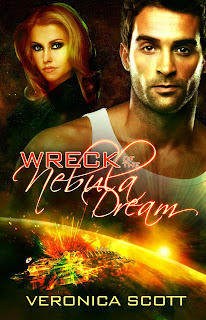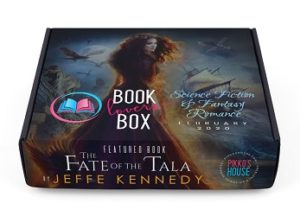 |
| DepositPhoto |
This week at the SFF Seven, we're asking: how do you know
who to trust with your writing, especially early drafts and idea bouncing.
It’s not a question of trust for me, it’s a question of the
way I work, which is that I never share a work in progress with anyone, ever.
I’m not afraid of ideas being stolen but rather that whatever story I’m telling
is MY story, with my characters and I’m not interested in how anyone else might
think the story should go. Ooh, you might be saying, crochety much? No, just
stubborn and confident in my story telling abilities. Not trying to sound
arrogant but I don’t need or want other opinions when it comes to exercising my
creativity and telling my version of a story at the ancestral campfire. (For
sure no one beta read or critiqued those first story tellers LOL!)
I brainstorm with
myself if I encounter plot challenges along the way- I actually use a couple of
techniques I was taught when I led teams and did process improvement, although
in a much scaled down way since it’s only me in the room now, thinking through
the alternatives and the ‘If this, then what?’ and the ‘Why?' questions, with
the occasional Venn diagram thrown in.
I also don’t feel any
need to share my writing until the
point where I regard it as being a complete and finished work. When it’s done,
I’m thrilled to put the book out into the world, let it receive reviews from
readers as to their experience with the story, and move on to writing my next
novel.
Part of this attitude of mine may be that since I’m not a
person who plots in advance, the story unspools for me as I write it and
therefore it’d be pointless to show the manuscript to anyone else prior to the
work being complete because even I don’t always know all the ins and outs of
the plot ahead. I do always know the ending, however.
Writing is kind of a fragile thing to me and the finished
story is a strong enough edifice to withstand reader reviews and the opinions
of others, whereas a story in progress doesn’t yet have that strength and if I
got feedback that derailed or distracted me, I’d probably never finish the
thing.
 |
| DepositPhoto |
Maybe I’m missing out on a whole set of wonderful, rich
experiences by not gathering with other authors and exchanging ideas on
WIP’s…but I can only do me and my Muse doesn’t think writing is a group activity.
She shuts down and goes into silent running mode. I'm happy for people who flourish in that collaborative group environment and find writing partners who share and enhance each other's creative sparks but I know my own limits.
(Pretty much Rule One of Writing to me is that there's no one perfect or right way that everyone MUST write...thank goodness!)
I do give the book to my developmental editor once it’s
complete and has gone through several edits by me. She provides very useful
feedback and I have made changes or added or deleted things in response at
times…but I’ve also chosen to ignore the inputs completely at other times where
I’m happy with the story as it was. Having the dev editor’s comments certainly
enables me to grow as a writer and to avoid repeating some mistakes as I go
forward with more books.
I don’t do beta reading or critiquing for anyone else either
with very rare exceptions that had unique circumstances. I can probably count
those instances on one hand. Normally I refuse requests to beta read as kindly
as I can.
 |
| DepositPhoto |
I’m a solitary person up there in my cold garret, writing
away and telling my stories! (Well, okay sitting here in my cozy and warm apartment if
you must know…)
Happy reading to everyone!


































